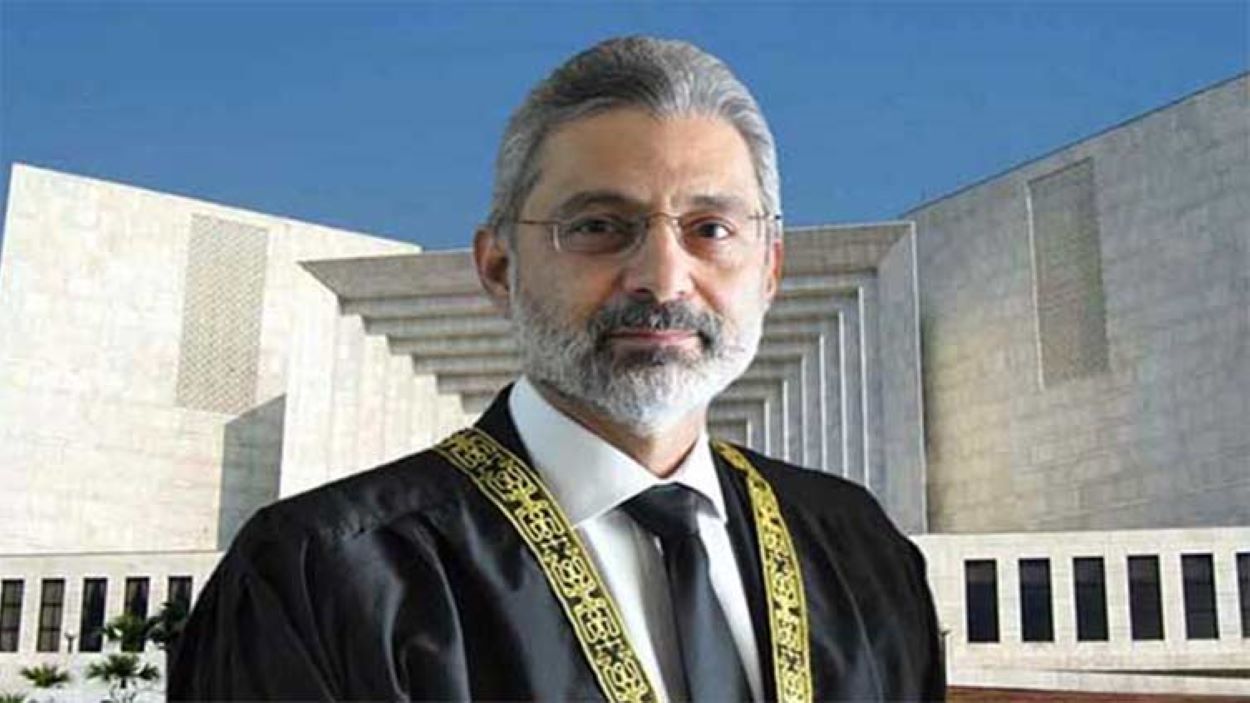The Supreme Court of Pakistan has initiated hearings on petitions that demand elections within 90 days following the dissolution of assemblies.
The bench, a three-member powerhouse of judicial acumen, is led by Chief Justice Qazi Faiz Isa and includes prominent figures like Justice Athar Minallah and Justice Amin-Ud-Din Khan. They collectively shoulder the responsibility of interpreting the pleas by various bodies, including the assertive Supreme Court Bar Association and the politically central Pakistan Tehreek-e-Insaf (PTI).
In a landscape often tarnished by delays and deviations, the PTI expressed its commendation following the formation of this pivotal judicial bench. Through its central media channel, the party highlighted the urgency and constitutional sanctity of holding timely elections. Reflecting on the Supreme Court’s historical adherence to constitutional mandates, as explicitly appreciated in its April 4, 2023, interpretation, the PTI conveyed its optimism toward an expedited and just resolution reinforcing the constitutional prerogative of conducting elections post-haste.
Uncertainty Clouds Electoral Norms
Despite clear constitutional guidelines, an air of uncertainty loomed over the electoral process. The government, then under Shehbaz Sharif’s leadership, set an unprecedented course by dissolving the National Assembly and other regional legislative bodies, ostensibly paving the way for elections within a 90-day framework. However, the Election Commission of Pakistan (ECP) deviated from this path, citing the necessity of incorporating insights from the 7th Population and Housing Census 2023 into the electoral delimitations – a decision solidified by the Council of Common Interest (CCI)’s endorsement.
This development catalyzed a shift in the electoral schedule, pushing the prospective election period to January 2024. Legal and public outcry was swift, culminating in multiple petitions filed with the Supreme Court. These petitions, symbolizing the citizens’ dismay and demand for adherence to constitutional provisions, were initially overlooked during the tenure of the former chief justice but have now found a new battleground with the current bench. As the nation watches closely, these proceedings might dictate the immediate electoral future and set a precedent for constitutional sanctity in times to come.






